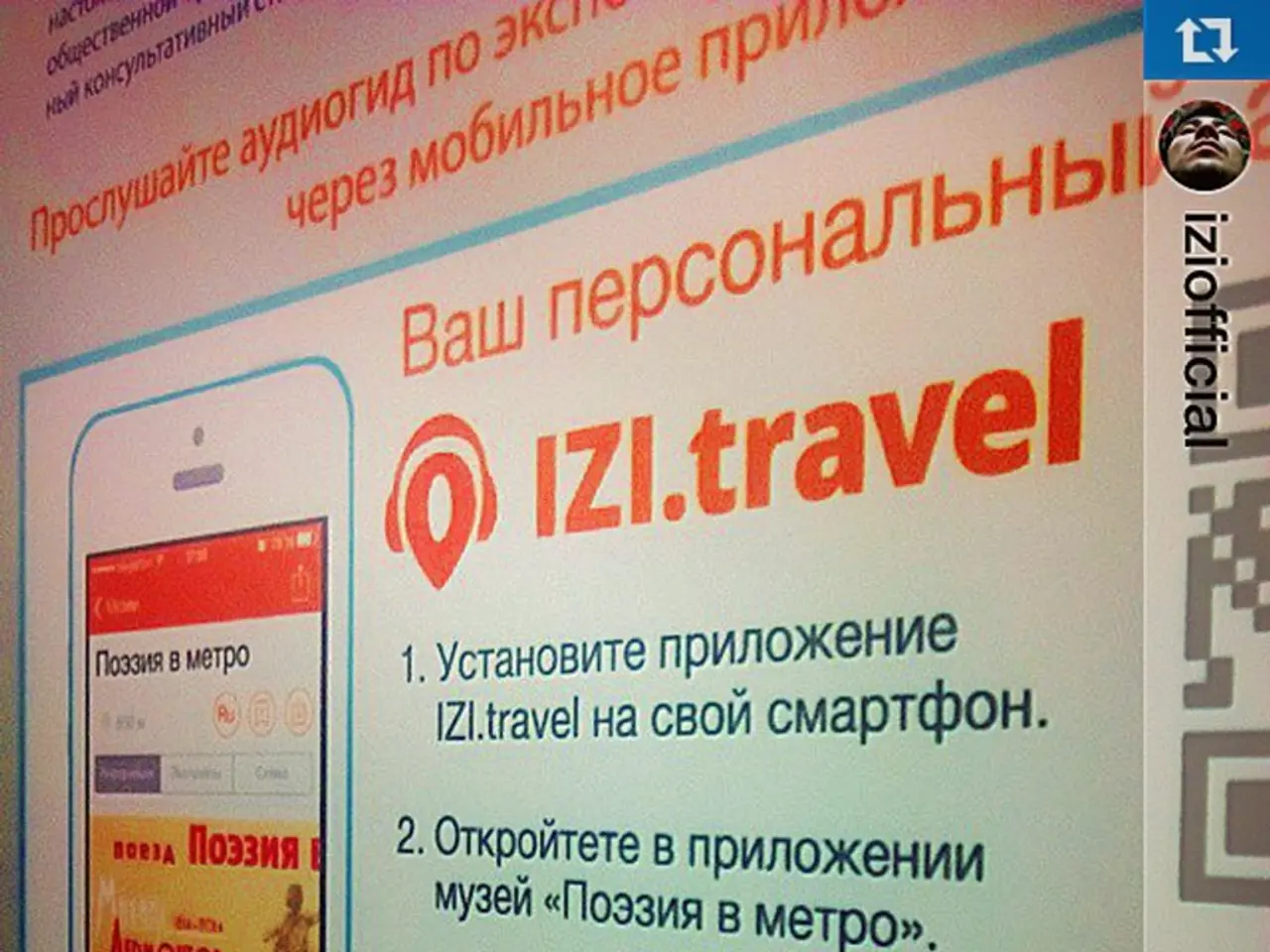Influencers potentially leading to increased exposure of gambling advertisements for youths, alarming GambleAware
In a recent survey commissioned by the charity GambleAware, it has been revealed that children and adolescents aged 13-17 are exposed to gambling ads and content at an unprecedented level. The survey, conducted by Social Finance1 and Sherbert Research, has raised concerns about the normalization of gambling among school-aged children.
Zoë Osmond OBE, the CEO of GambleAware, has stated that this consistent exposure to influencer-driven gambling content contributes to the normalization of gambling among school-aged children. She added that current regulations need to acknowledge the fact that much of the gambling content is pushed with the help of online platforms, including influencers, celebrities, and content creators.
The survey found that 87% of respondents in the 13-17 age group often saw gambling ads online without actively seeking them. The primary platforms providing gambling content to children were identified as Twitch, YouTube, TikTok, Instagram, and Kick. TikTok, YouTube, Instagram, Snapchat, and Facebook have stood out for heavily spreading gambling content to children and adolescents.
Many children and adolescents expressed displeasure about seeing numerous gambling ads, stating that it was no longer funny. A majority of respondents (79%) agreed that gambling content should be better regulated on social media and similar platforms. Additionally, 78% of the respondents believed that under-18s should not be exposed to such content.
The findings suggest a potential normalization of gambling among school-aged children due to consistent exposure to influencer-driven gambling content. Early exposure to gambling at a younger age can lead to an increased risk of experiencing gambling harm later in life, according to Zoë Osmond OBE. This early exposure and influence are linked to an inability to control one's gambling habits and an increased likelihood of developing a gambling-related problem.
The survey also revealed that 16% of 13-17-year-olds saw content creators directly link to gambling codes, and 14% of content creators or influencers shared "tips" on how to gamble. These findings highlight the need for stricter regulation of gambling content on mainstream social and streaming platforms.
As GambleAware is set to wind down in 2026, the issue of gambling content exposure among children remains a significant concern. Zoë Osmond OBE has stated that it is unacceptable for children's environments to be flooded with age-restricted content. She has also emphasized the need for ongoing efforts to protect children from the potential harms of gambling.
Read also:
- Impact of Alcohol on the Human Body: Nine Aspects of Health Alteration Due to Alcohol Consumption
- Understanding the Concept of Obesity
- Tough choices on August 13, 2025 for those born under Aquarius? Consider the advantages and disadvantages to gain guidance
- Microbiome's Impact on Emotional States, Judgement, and Mental Health Conditions







